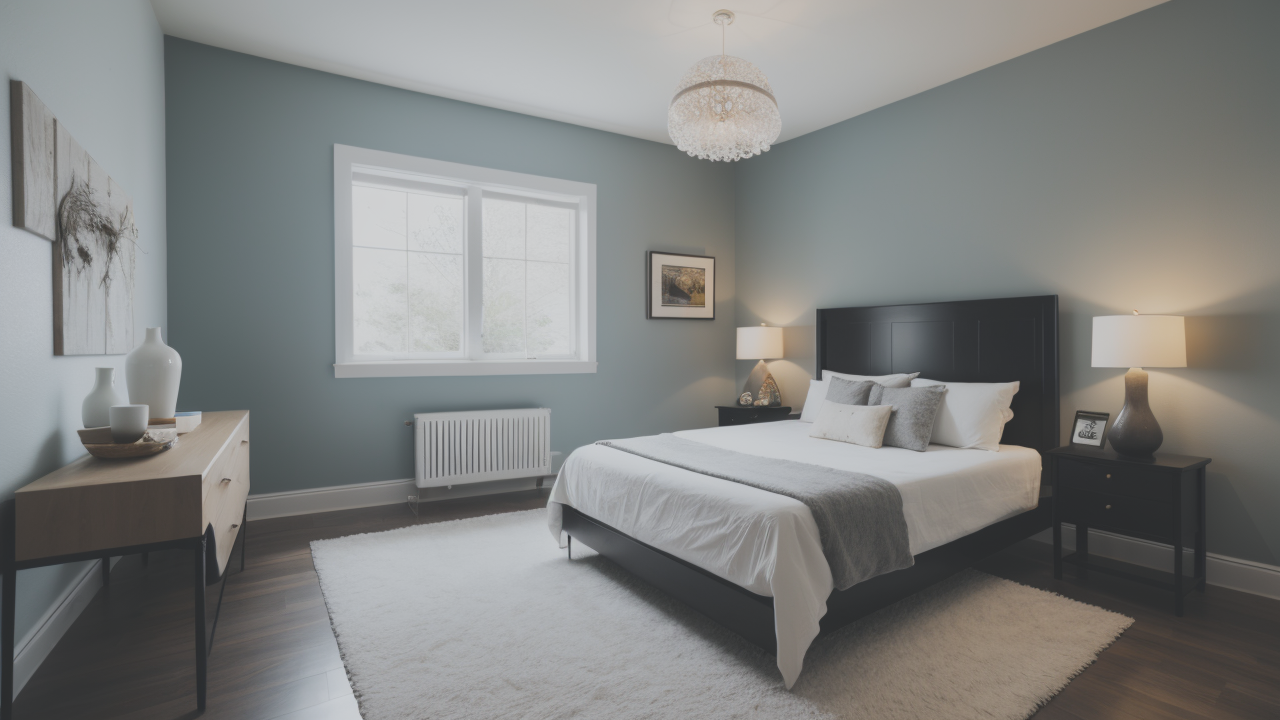
Nawabi Elegance Meets Modern Design: Plaster Art Texture Painting 101
The Art of Plaster: Understanding Texture and Techniques
The Origins of Plaster Art in Decor
Plaster art has a rich history dating back to ancient civilizations. It began as a practical way to smooth walls. Over time, it evolved into an art form. In Nawabi architecture, plaster work became highly intricate. Artisans created stunning designs on walls and ceilings. Today, plaster art blends tradition with modern aesthetics. It offers a unique way to add depth and character to spaces. The timeless appeal of plaster continues to inspire contemporary designers. They use it to create elegant, textured surfaces in homes and buildings.

Key Texture Techniques in Plaster Art
Plaster art offers a variety of texture techniques. Each creates a distinct look and feel. Some popular methods include:
- Venetian plaster: Smooth, polished finish with depth
- Tadelakt: Waterproof Moroccan plaster with a soft sheen
- Sgraffito: Scratched designs revealing layers beneath
- Stucco: Rough, textured finish for exteriors and interiors
- Marmorino: Marble-like finish with a glossy surface
Artists can combine these techniques for unique effects. The choice of texture depends on the desired ambiance. It also considers the architectural style of the space.
Tools and Materials for a Perfectly Executed Texture
To create stunning plaster textures, you need the right tools and materials. Essential items include:
- Trowels of various sizes and shapes
- Spatulas and palette knives
- Brushes and sponges
- Plaster mix (lime-based or gypsum-based)
- Pigments for color
- Sandpaper for smoothing
- Protective gear (gloves, goggles, mask)
Quality materials ensure better results. Invest in professional-grade tools for precision. Experiment with different plaster types to find what works best. Practice is key to mastering the art of texture application.
Enhancing Your Home's Aesthetic with Plaster Art Textures
Incorporating Textures into Modern Home Decor
Plaster textures can transform any room in your home. They add depth and interest to plain walls. Consider these ideas:

- Accent wall with a bold, textured pattern
- Subtle texture in neutral tones for a calming bedroom
- Venetian plaster finish in the bathroom for elegance
- Textured ceiling to draw the eye upward
- Decorative moldings and cornices for a classic touch
Mix textures to create visual contrast. Pair smooth surfaces with rougher textures. This adds dimension to your space. Use lighting to highlight the texture and create shadows.
The Role of Textures in Creating Ambience
Textures play a crucial role in setting the mood of a room. Smooth, polished plaster creates a sense of luxury. Rough textures add warmth and a rustic feel. Consider the following:
- Use soft, subtle textures for a calming atmosphere
- Apply bold, dramatic textures to create energy
- Combine different textures to add depth and interest
- Choose textures that complement your furniture and decor
- Think about how light interacts with the texture
The right texture can make a space feel cozy, elegant, or vibrant. It's a powerful tool in interior design. Use it to enhance the overall ambiance of your home.
Case Studies: Transformative Home Decor Projects
Let's look at two home projects that used plaster art textures:
- Modern Loft Renovation:
- Challenge: Cold, industrial space
- Solution: Venetian plaster on accent walls
- Result: Warm, inviting atmosphere with visual interest
- Traditional Home Update:
- Challenge: Outdated, plain interiors
- Solution: Textured ceiling and decorative moldings
- Result: Elegant, timeless look with added character
These cases show how plaster textures can dramatically change a space. They add value and beauty to homes of any style.
Plaster Art Textures in Commercial Spaces
Uplifting Retail Spaces with Artistic Plaster Finishes
Retail spaces benefit greatly from plaster art textures. They create a unique shopping experience. Consider these applications:

- Textured accent walls to highlight products
- Smooth, polished surfaces for a high-end feel
- Patterned textures to reinforce brand identity
- Sculptural elements to add interest and guide flow
- Durable finishes that withstand high traffic
Plaster textures can make a store memorable. They enhance the overall design and attract customers. The right texture can set a shop apart from competitors.
Plaster Art in the Hospitality Industry: Hotels and Restaurants
Hotels and restaurants use plaster art to create ambiance. It helps establish a mood and theme. Some popular uses include:
- Textured lobby walls for a grand entrance
- Venetian plaster in upscale dining areas
- Rustic textures in farm-to-table restaurants
- Smooth, modern finishes in boutique hotels
- Decorative ceiling designs in ballrooms
Plaster textures can transport guests to different worlds. They add luxury, comfort, or exotic flair. The right texture enhances the dining or staying experience.
The Impact of Texture in Office Design and Branding
Offices are embracing plaster textures for their aesthetic and functional benefits. They can:
- Improve acoustics with sound-absorbing textures
- Create distinct areas within open-plan spaces
- Reinforce company branding through custom designs
- Add visual interest to reception areas and meeting rooms
- Provide a professional, polished look
Textured walls can boost employee morale and impress clients. They make the workplace more inviting and inspiring. Plaster art helps create a unique corporate identity.


